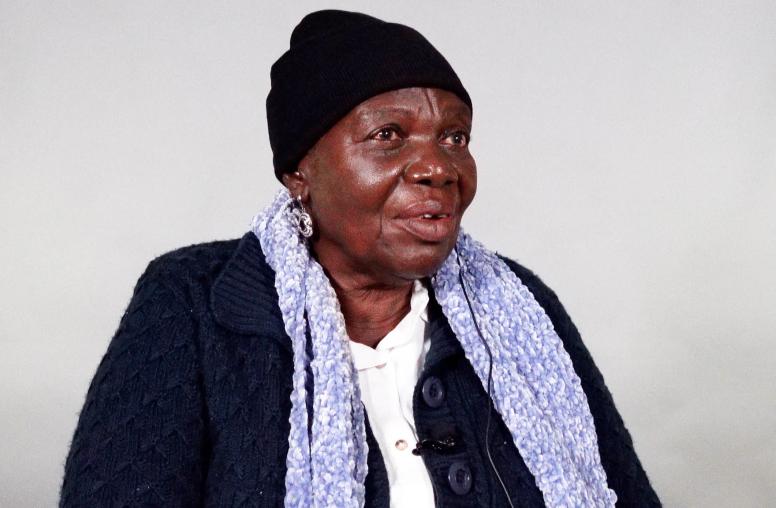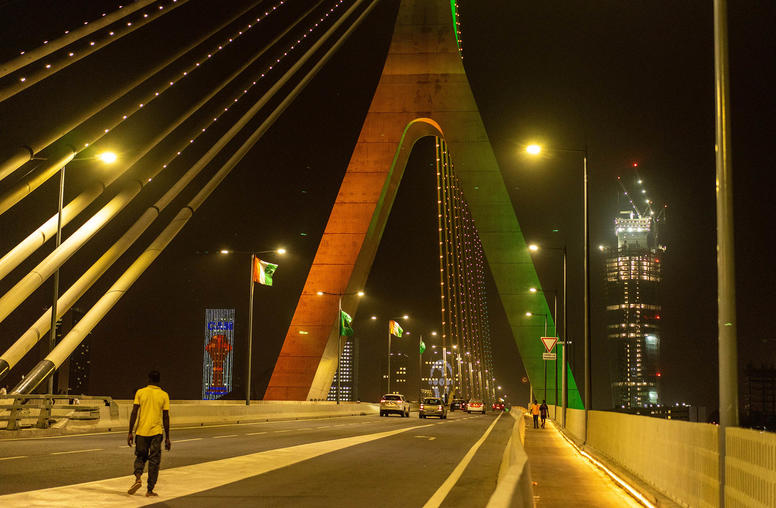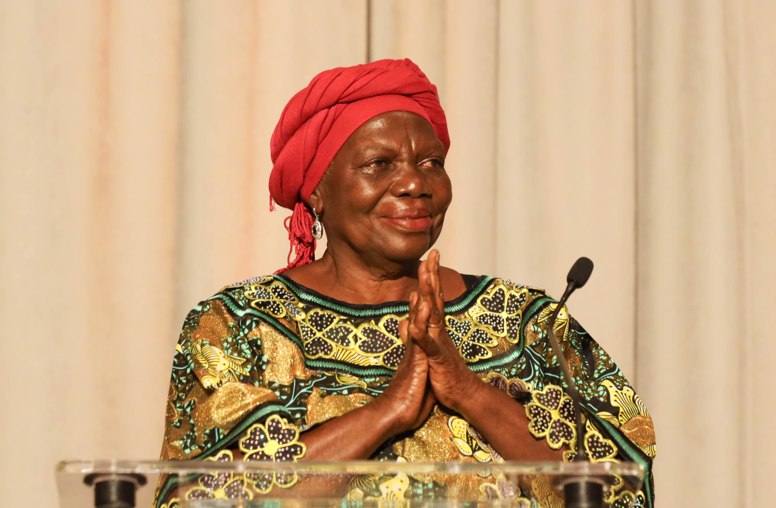Conflict-Business Dynamics in the Democratic Republic of Congo
The Democratic Republic of Congo (DRC) has enormous economic potential thanks to its rich mineral deposits and vast tracts of arable land. Historically, these resources have been exploited by predatory leaders and a host of subregional actors. The time is now ripe for the DRC to put years of war and economic underdevelopment behind it.

Summary
- The business community has an important part to play in promoting sustainable peace in the DRC. Business communities in Bukavu and Lubumbashi have managed to remain profitable in the very trying years following the signing of the 1999 Lusaka peace accord by showing great resilience and versatility, primarily outside formal channels.
- Congolese businesses face serious obstacles, including poor infrastructure, high taxes, extortion, and market distortions. However, respondents expressed relatively little concern about insecurity and violence, suggesting that these costs have been internalized or that other obstacles impose much greater costs.
- DRC businesses neither want nor expect handouts. Respondents would prefer assistance in removing barriers to trade, improving infrastructure, and reducing corruption.
- Respondents are broadly optimistic about the future and their economic prospects, and have a strong sense of being stakeholders in shaping society. This bodes well for the future of the DRC, provided public policy can harness this energy and not impede it.
Research suggests that a robust business sector can help rebuild postwar economies and give citizens a stake in promoting and consolidating peace. The DRC, which is in the early stages of economic recovery following two devastating wars, offers a testing ground for this proposition. The business community showed impressive resilience by continuing to operate throughout the conflict and an associated humanitarian crisis, in which as many as 5.4 million people died. As the DRC emerges from war, its business leaders are well placed to facilitate the transition toward lasting peace. This survey of businesspeople attempts to aid that process by finding out what can be done to improve the business climate in two cities located in two of the DRC’s strategically important regions--Bukavu in the east and Lubumbashi in the south--where business activity is thriving despite the challenges. Importantly, though businesspeople cite security and violent conflict as factors hampering economic activity, these are not the most crucial issues. Rather, the more mundane problems of unreliable electricity supply, high taxes, and other bureaucratic and logistical hurdles are perceived as the largest challenges. Interventions that focus on these obstacles stand the best chance of improving economic conditions and promoting peace.
About the Report
This report assesses the strength of the business community in the Democratic Republic of Congo (DRC), a constituency important to building sustainable peace. The report draws on data collected by USIP’s Center for Sustainable Economies, the Bureau d’Etudes, de Recherche et de Consulting International (BERCI) in the DRC, and UK-based Transparency Research in Bukavu in the northeast and Lubumbashi in the south. In the survey, respondents were asked to identify the main obstacles to business and offer their assessment of what the future might hold for the economy. Their responses highlight the perceptions and challenges of businesses in conflict-affected environments and outline how success can make an important difference regarding whether these regions stabilize or remain vulnerable to conflict.
Raymond Gilpin is associate vice president for Sustainable Economies at USIP. He leads the Institute’s work on analyzing economic relationships during all stages of conflict. Richard Downie was a consultant with USIP’s Sustainable Economies Center of Innovation in July and August 2009 and is currently a fellow in the Africa Program at the Center for Strategic and International Studies in Washington, D.C.
The authors are grateful to Dr. Francesca Bomboko of BERCI and her team in the DRC for excellent support and complex facilitation. Their tireless efforts made the fieldwork possible. Alex Hall of Transparency Research coordinated data collection and database management. Research assistance by Go Funai is gratefully acknowledged.



